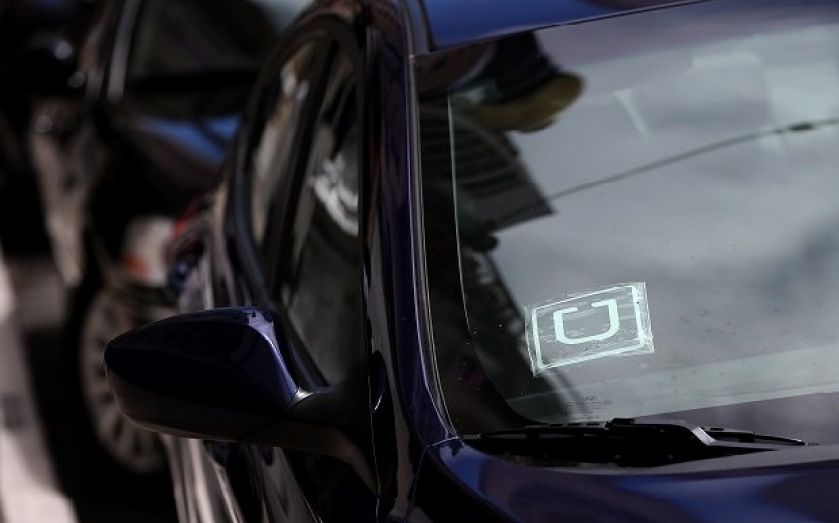Uber’s south east Asian rival looks to make history

The chief executive and co-founder of Malaysian-based startup Grabtaxi believes his mobile app has the potential to take south east Asia by storm and revolutionise the taxi industry.
Speaking to the Financial Times, Anthony Tan said: "We all believe that if we get this right, we can literally go into the history books."
The taxi app service is taking on the likes of Uber and Easytaxi to innovate what has often been seen as a stagnant and risky industry.
The app, which has been downloaded 1.2m times and has over 250,000 monthly active users, recently announced a $15m series B funding round led by GGV Capital. Furthermore, the company boasts Singapore's Temask Holdings as an investor.
The app allocates taxis to nearby commuters using mapping and location sharing technology and Grabtaxi checks the drivers' backgrounds and estimates the fares in advance.
Grabtaxi's 'share my ride' feature allows users to inform friends and family of whether they are safe or not. These features have proven particularly popular in places such as Indonesia, where taxi-related crime is a serious concern.
If this wasn't enough to induce high quality customer service then the tip feature certainly adds another incentive for drivers. Customers who tip more may have a higher chance of getting a ride, while drivers may have a greater reason to pick up customers in hard to reach places.
It is not only customers who are increasingly satisfied with Grabtaxi, but drivers too. The company says that its drivers have seen an increase from 30 to 300 per cent in their income.
A graduate of Harvard Business School, Tan worked on the project with a classmate. The pair were runners-up in Harvard's 2011 competition for a startup business plan.
Launched in 2012 and known locally as Myteksi, the company now operates in Singapore, Thailand, Vietnam, the Philippines and Indonesia. Grabtaxi has sought to take on Uber head to head with the launch of its more upmarket Grabcar service back in May.
The company is hoping to quadruple its bookings to one every two minutes over the next few months. The company believes it has an edge on competitors thanks to its hyperlocal business.
However, instead of squaring up for a fight with the established taxi interests, Grabtaxi has looked to work with regulators and the industry.
"We’ve nowhere to run. This is our home. You think we can just get away [with] pissing off some big minister or his son? They will make sure we pay for it, one way or another,” Tan told the FT.
With rising incomes and smartphone use, Tan believes demand for services will rise strongly in the near future.